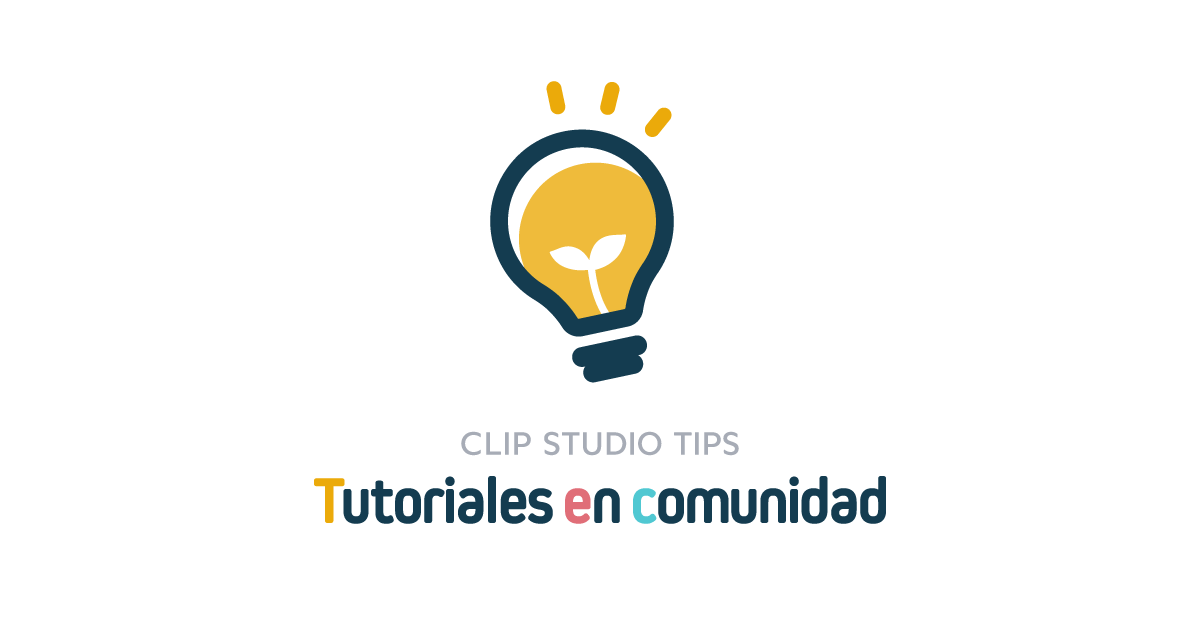How to Lineart Using Vector Layers
Hello everyone, this is a tutorial on how to draw digital lines and lineart in Clip Studio Paint. I will show you some useful tools to make the lineart process both easy and efficient!
Here is a step-by-step video tutorial on the lineart process:
Prepare Sketch
First start with a sketch of the image you want to ink. I like to have my sketch as clear as possible to make the inking process quick and easy.
Click on the [Layer Color] icon under [Layer Property] to change the color of the sketch layer. You can select the color of the layer by clicking on the color box.
Ink with Vector Layers
I recommend using Vector Layers to ink your lineart. Vector Layers allow you to edit the lines that you draw. Lines drawn on vector layers can be easily adjusted and resized without affecting the quality of the image.
To create a new Vector Layer, click on the [New Vector Layer] icon in the Layer Window.
You can also create a new Vector Layer by going to the [Layer] menu > [New Layer] > [Vector layer].
Pen Setup
You can use any brush shape for inking the lineart, although I recommend using the [Pen] tool. I use the [Turnip pen] for inking because it creates smooth lines.
The [G-pen] and [Real G-Pen] are also good choices for inking.
Under [Tool property], you can find a setting called [Stabilization]. This is useful for inking because as you increase Stabilization, it will smoothen the lines you draw. However, a high stabilization can also slow down the drawing speed. I like to keep Stabilization between 20 to 30.
Examples of lines drawn with Stabilization set at 2 and 30:
Inking Process
Ink your lineart on the Vector Layer. I try to draw from my arm since I find it produces steadier lines. Don’t be afraid to overshoot your lines, as you can easily edit these lines later (explained below).
Vector Eraser Tool
Lines drawn on a Vector Layer can be erased with the [Eraser] tool, just like on a Raster Layer. The benefit of Vector Layers is that you can use the [Vector Eraser] to erase lines up to the nearest intersection, by clicking the [Erase up to intersection] icon.
Use the vector eraser on the lines you want to erase and it will erase the lines up to the nearest intersection. This is a useful tool that can save you a lot of time!
Correct Line Tool
The [Correct Line] tool allows you to edit the lines drawn on the Vector Layer.
Use the [Redraw vector line] sub tool to redraw the lines you want to adjust. Hover your cursor above the line that you want to adjust, and begin to redraw the line. It takes some time to get used to, but it is an extremely useful tool once you get the hang of it!
Use the [Adjust line width] sub tool to change the line width of existing lines. For example, you can select to [Thicken] or [Narrow] the lines to change the line weight. Move your cursor along the areas that you want the line width adjusted, then the lines will be adjusted automatically.
Using the [Adjust line width] tool, I run it over the lines that I want to adjust. I use this to narrow the lines of the hair and thicken the lines of the clothes to vary the line weight and add contrast.
Operation Tool
The [Operation] tool allows you to change the shape, color, brush size, and brush shape of the lineart.
The [Object] sub tool allows you to adjust the shape of any line. You can also select multiple lines at a time by going to [Tool property], click [Operation of transparent part], and click on [Select area by dragging].
When you select a line, the path and control points will be displayed with the bounding box. You can move the control points to adjust the shape of the line, or use the bounding box to move, scale or transform the lines.
[Main color] allows you to change the color of the lineart.
[Brush Size] allows you to change the overall line width of the lineart.
[Brush shape] allows you to change the brush shape of the lineart. For example, you can change the look of your lineart from pen to pencil or to dotted lines.
You can also add a brush to the [Brush shape] list.
Select the brush you want to use. Click on the [Sub tool detail palette] icon located at the lower-right corner of [Tool property]. When the [Sub Tool Detail] window appears, select [Brush shape] in the menu, and click on [Register to preset]. The brush will be added to the [Brush shape] list and you will be able to use it.
Finished Lineart
Here is the finished lineart:
Conclusion
Thank you for reading and hope you learned some useful tips for inking and lineart! If you have any questions, feel free to leave a comment below ^w^























Comentario